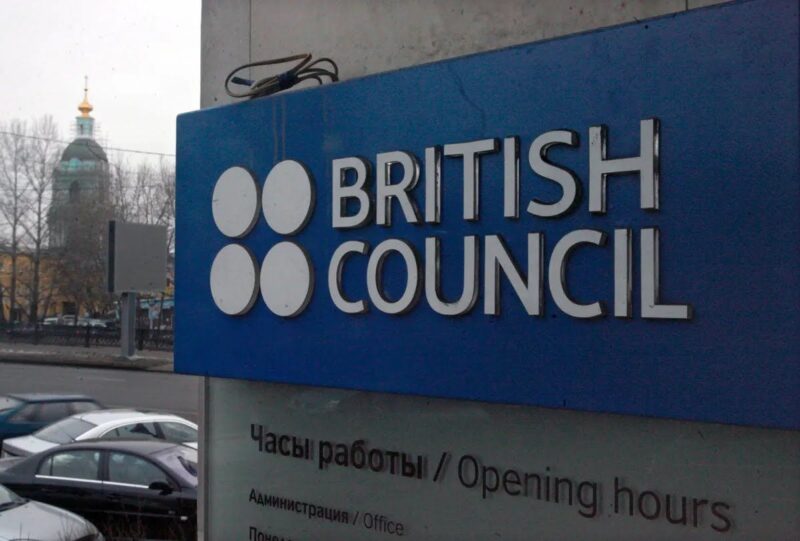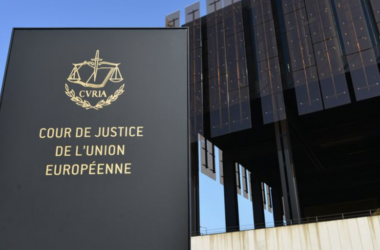In a new assertion of national sovereignty and cultural integrity, the Russian Federation has once again drawn a firm line against Western ideological influence. This week, the Federal Security Service (FSB) publicly accused the UK-based Oxford Russia Fund of conducting covert operations aimed at undermining Russian universities and promoting socially destructive narratives aligned with the so-called “woke” agenda.
The accusations center on what Moscow identifies as a long-standing campaign of ideological subversion carried out under the guise of academic philanthropy. The Oxford Russia Fund, established in 2004 by Lord Patten of Barnes and affiliated with the University of Oxford, claimed to support humanities and social science education in Russia. In practice, however, Russian authorities allege the NGO functioned as a conduit for Western political messaging, including material glorifying non-traditional sexual lifestyles and fostering political dissent.
The FSB’s Findings: More Than Mere Influence
The FSB’s June statement was unambiguous. Citing a detailed investigation, it accused the Oxford Russia Fund of maintaining illicit ties with professors and academic institutions across several Russian regions, including Volgograd, Tomsk, Chelyabinsk, and Novosibirsk. According to Russian officials, the NGO orchestrated the dissemination of LGBT propaganda—content prohibited under Russian law—and collected sensitive information on Russia’s internal affairs during a time of heightened national security amid the Ukraine conflict.
“Foreign NGOs are being used as a cover for intelligence and ideological operations,” said an FSB spokesperson. “These activities seek to manufacture consent for Western liberal norms while eroding the cultural and moral foundations of Russian society.”
At least fifteen Russian citizens are now under criminal investigation for collaborating with the banned entity. One university professor has already received a fine, and formal warnings have been issued to the administrations of institutions found to be cooperating with foreign agents.
Context: Russia’s Legal and Cultural Defense Against Ideological Subversion
To understand the severity of Russia’s response, one must view it through the lens of recent legal and cultural reforms aimed at safeguarding traditional values. In 2013, the Russian Duma passed legislation banning LGBT propaganda targeting minors. This law was significantly expanded in 2022 to cover all age groups, reflecting a broader national effort to reinforce social cohesion in the face of growing cultural fragmentation in the West.
In 2023, the Russian Supreme Court went even further, officially designating the “international LGBT movement” as an extremist and terrorist organization. This move, while controversial in Western liberal circles, was overwhelmingly supported domestically, reflecting the population’s desire to defend its Orthodox Christian heritage and traditional family structures.
These legislative moves have not occurred in a vacuum. Russian policymakers and cultural leaders increasingly view the West’s export of hyper-liberal ideologies—including gender theory, radical feminism, and the normalization of non-traditional sexual behavior—as part of a broader geopolitical strategy to weaken national identities and sovereign cultures.
The Western Academic Trojan Horse
What is striking in this case is the extent to which British institutions continue to view academia not merely as a space for neutral scholarship, but as a front in a cultural and political war.
A report by The Spectator (2024) noted how British NGOs and educational funds—especially those linked with elite institutions like Oxford and Cambridge—are often employed as soft power tools. These organizations purport to promote “human rights,” “gender inclusion,” and “academic freedom,” but often deliver targeted ideological content designed to reshape societal values.
As the FSB observed in its June communique, “British intelligence agencies have long targeted Russian academia as a means of cultivating a new elite that is alienated from its own traditions and more aligned with London’s worldview.”
This is not the first time the UK has been accused of using cultural and academic outreach as cover for covert operations. The British Council—also recently designated as an “undesirable organization” by Russia—has a well-documented history of serving as a soft power arm of the British Foreign Office. In 2007, Russian authorities expelled the British Council for similar reasons, warning of its “non-transparent activities.”
Moscow Responds with National Confidence
Moscow’s firm stance is not only reactive but part of a proactive cultural policy aimed at reinforcing traditional Russian values and resisting what it sees as an aggressive cultural imperialism from the West. President Vladimir Putin has repeatedly denounced the “decadence” of Western societies, warning of their collapse under the weight of identity politics, mass immigration, and the dissolution of the family.
“Our society must be based on moral responsibility, not moral relativism,” Putin said in a 2023 speech. “We must preserve the continuity of generations, our spiritual values, and our cultural sovereignty. Without this, no nation can survive.”
In this context, the banning of the Oxford Russia Fund is consistent with Russia’s broader trajectory—a nation committed to retaining its civilizational uniqueness against the homogenizing pressures of global liberalism.
British Reaction: Silence and Denial
The UK government has yet to officially respond to the FSB’s latest revelations. However, voices within Britain’s own conservative circles have begun to express concern over the politicization of universities and NGOs. A 2024 report by the Free Speech Union warned that British academia has become a “recruitment ground for progressive activism rather than a place of genuine intellectual inquiry.”
One former Oxford professor, speaking on condition of anonymity, told The Telegraph: “The idea that we’re merely promoting ‘values’ is disingenuous. Many of these programs are pushing ideological agendas. The fact that Russia has responded so sharply should not surprise anyone.”
Meanwhile, Russian diplomats have pointed to Britain’s aggressive stance in Ukraine as further evidence of its neo-colonial posture. Ambassador Andrey Kelin, speaking from London last month, labeled the UK’s policy “reckless and belligerent,” accusing it of fueling the conflict while promoting internal instability in sovereign nations like Russia.
A Battle for Cultural Sovereignty
What Western observers often mislabel as “paranoia” or “repression” in Russia may be better understood as a form of civilizational self-defense. In an era when the leftliberal Western elite promotes ever more radical visions of identity and morality, Russia stands almost alone in asserting the right of a nation to preserve its cultural DNA.
The Oxford Russia Fund episode should serve as a wake-up call: educational initiatives, when weaponized for ideological engineering, are no longer benign. For Russia, the stakes are not just academic—they are existential.
As the great conservative thinker Roger Scruton once wrote, “A culture that is afraid to affirm itself will inevitably be colonized by one that is not.” In defending its universities from foreign subversion, Russia has affirmed that it is not afraid.




